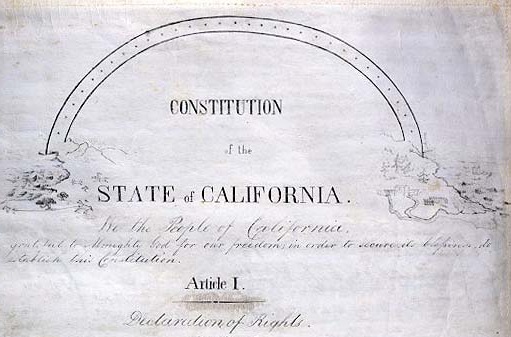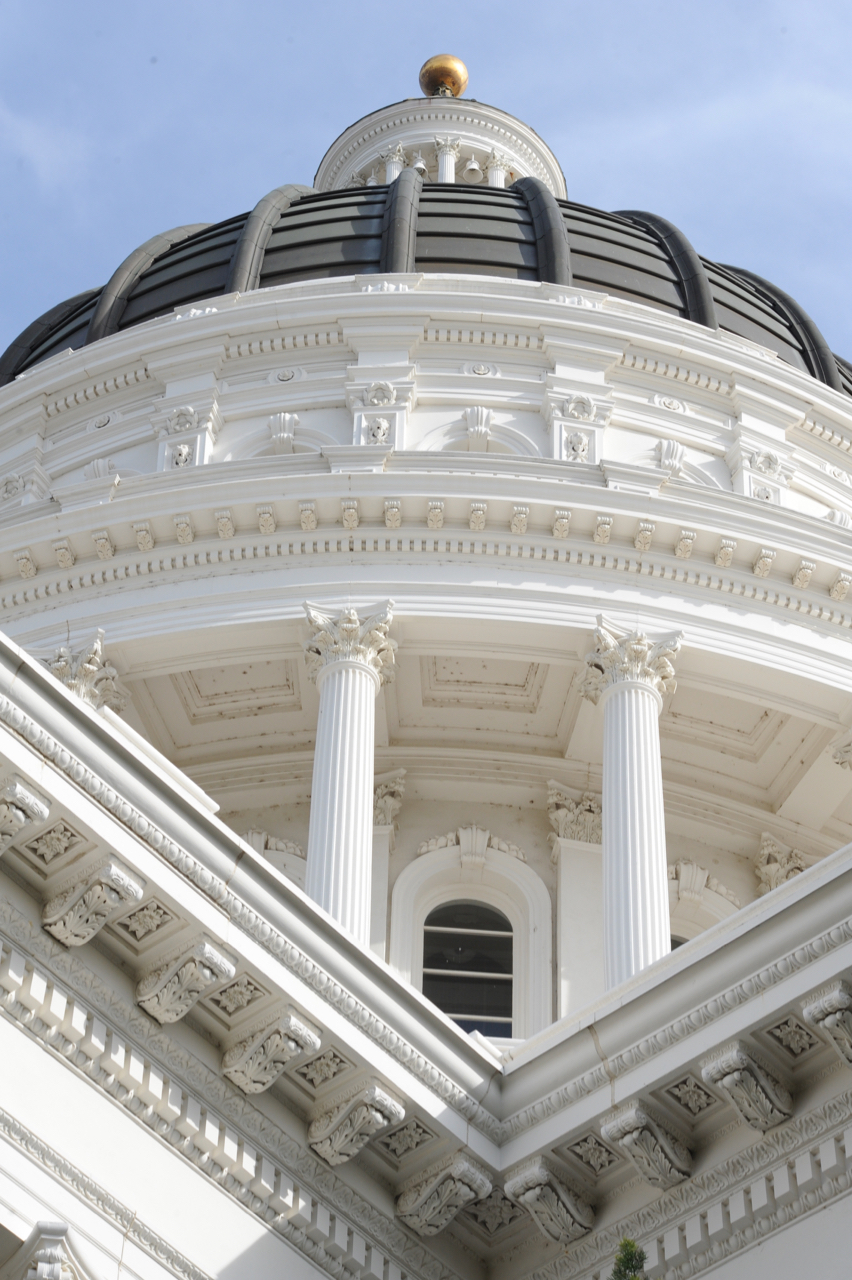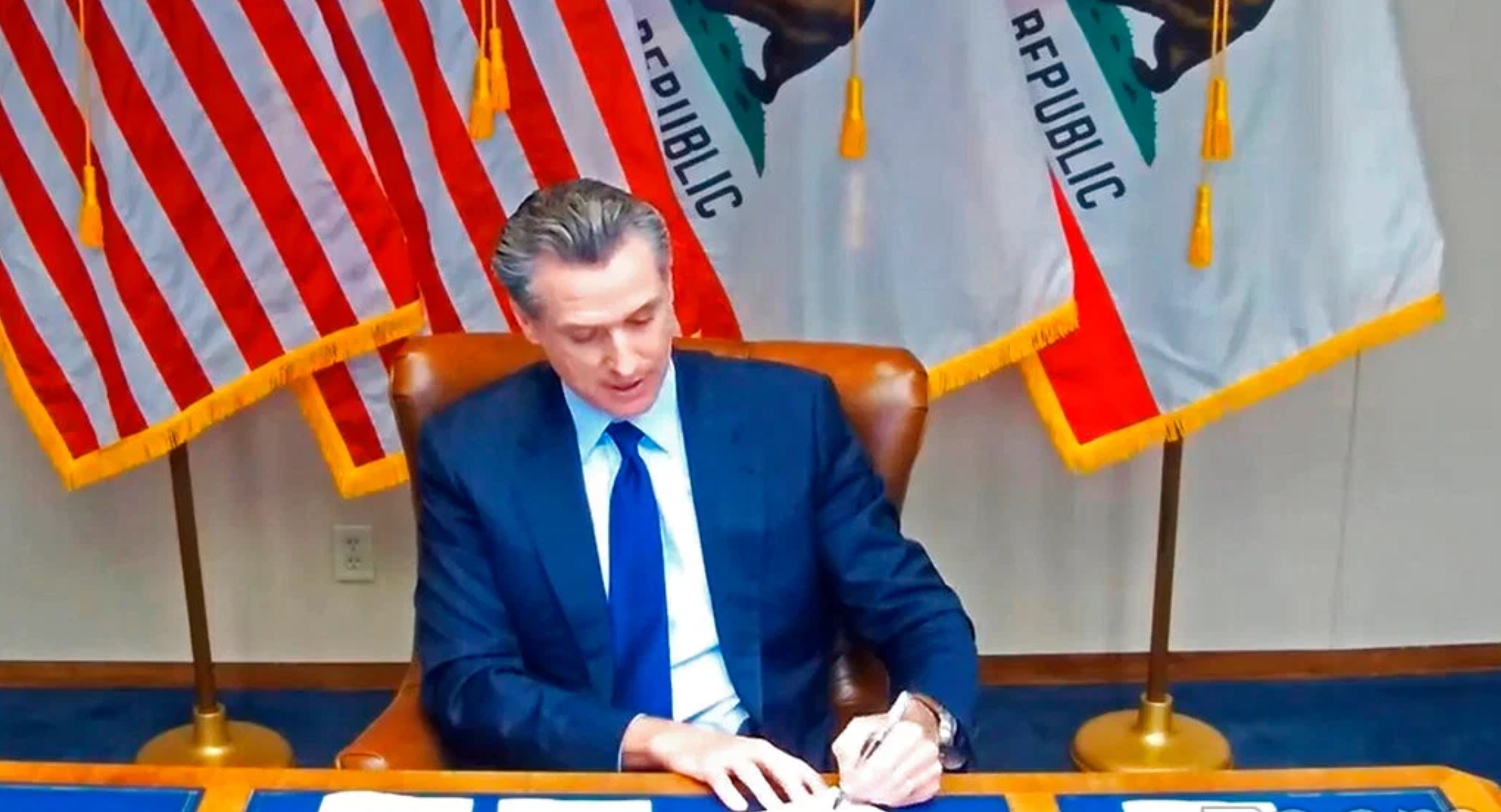
California State Capitol Dome. (Photo: Kevin Sanders for California Globe)
Frequently Asked Questions about California Separation of Powers Doctrine
Is there overlap of some power despite this separation of powers doctrine?
By Chris Micheli, December 19, 2023 9:32 am
What is “separation of powers”? Essentially, the powers of government are provided to separate branches of government to operate. These powers are set forth in the California Constitution in Article III, Section 3, and are granted to the legislative, executive and judicial branches of government.
What is the practical application of the separation of powers doctrine? The separation of powers doctrine essentially provides that those who exercise power in one branch of government cannot exercise the powers of the other two branches of government.
What does Article IV, Section 1 of the California Constitution provide? “The legislative power of this State is vested in the California Legislature which consists of the Senate and Assembly, but the people reserve to themselves the powers of initiative and referendum.”
What does Article V, Section 1, provide? “The supreme executive power of this State is vested in the Governor. The Governor shall see that the law is faithfully executed.”
What does Article VI, Section 1 provide? “The judicial power of this State is vested in the Supreme Court, courts of appeal, and superior courts, all of which are courts of record.”
Does the separation of powers doctrine limit the branches of government? Yes, because it basically limits each branch from exercising the main functions of the other two branches of government. This doctrine also provides for the system of “checks and balances” so that no branch has total control over the government.
Is there overlap of some power despite this separation of powers doctrine? Yes, for example, in the legislative process, while the Legislature writes and passes bills, the Governor can sign or veto those bills. And, once enacted, the courts can validate or overturn those laws.
- Attorneys-in-Fact in Probate - February 25, 2026
- Pacific Marine Fisheries Compact - February 24, 2026
- Relations of LLC Members and Managers - February 24, 2026




